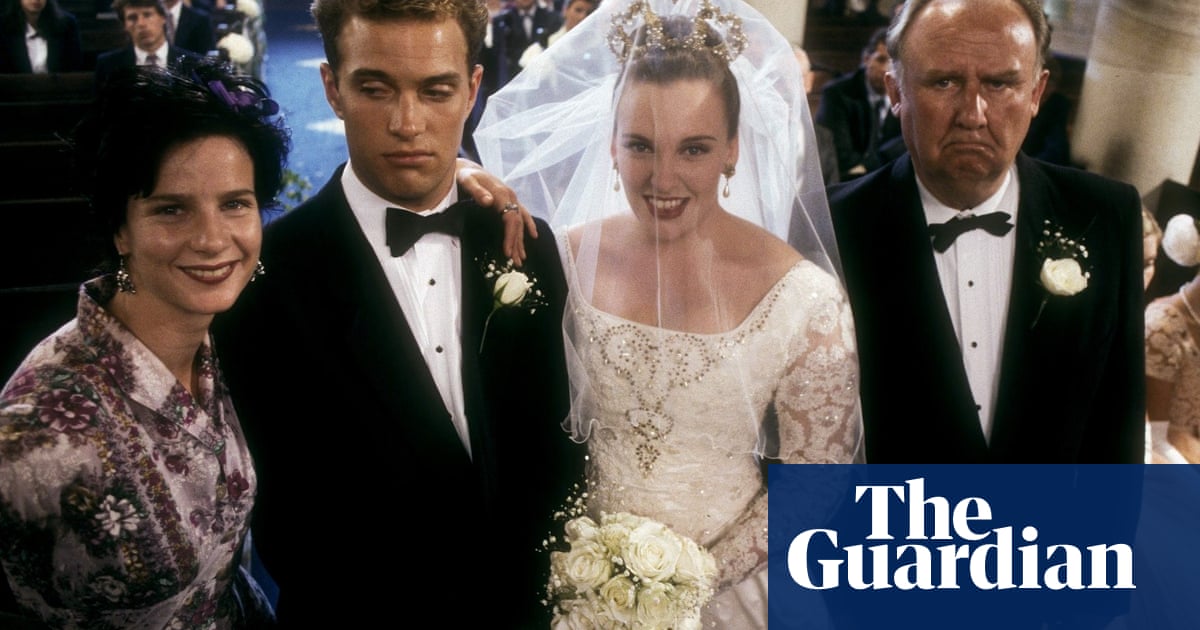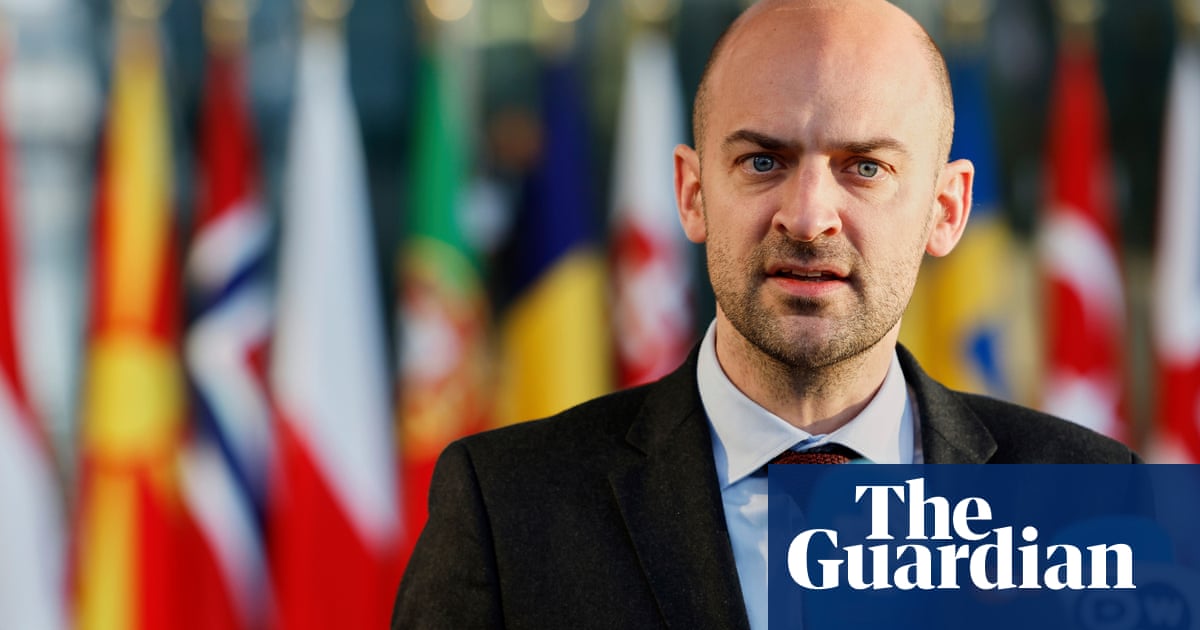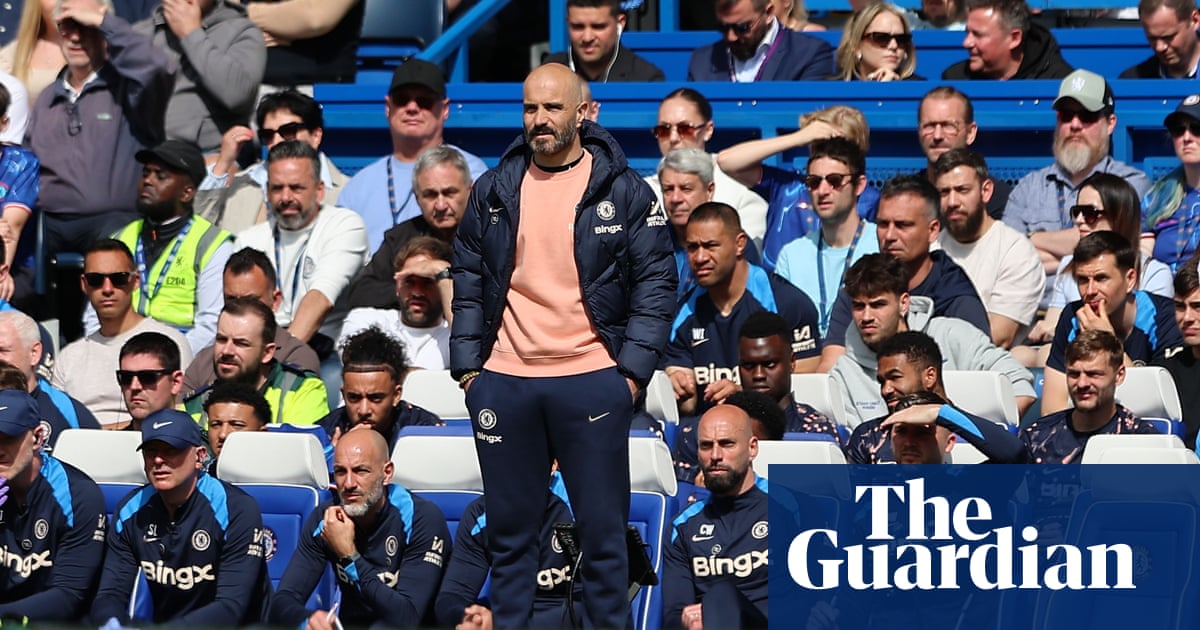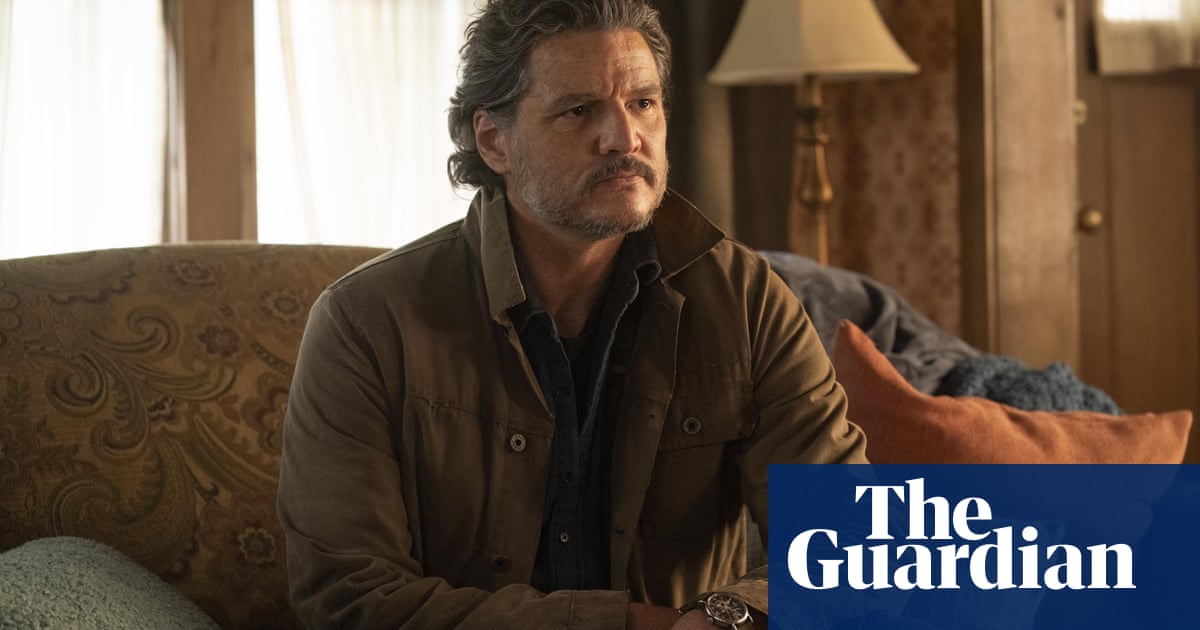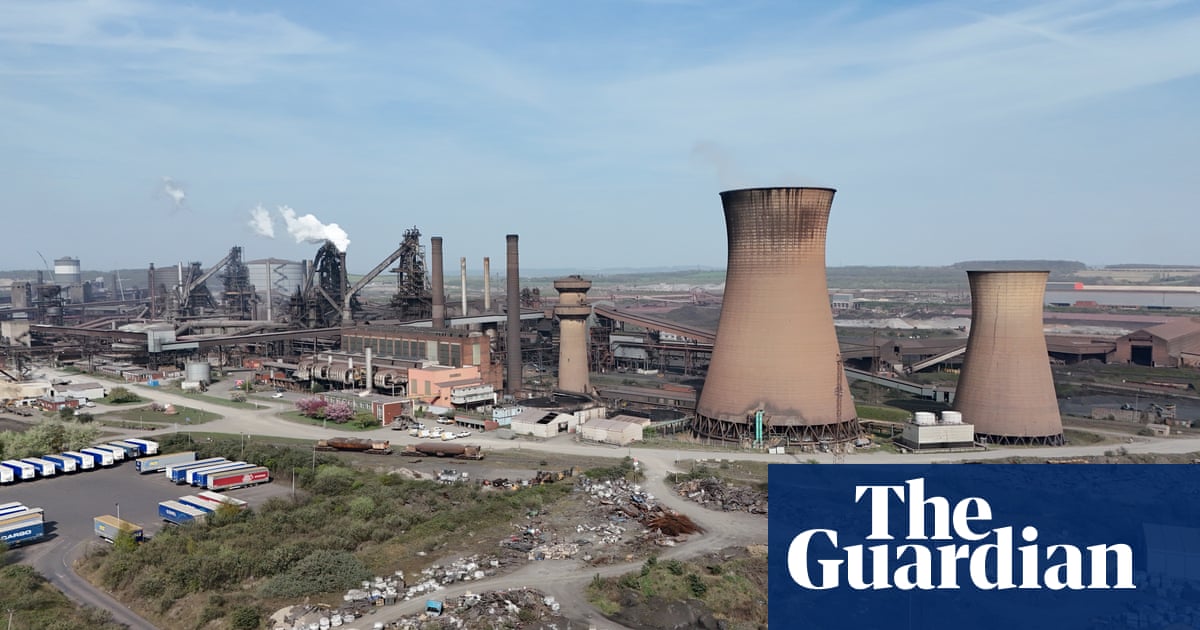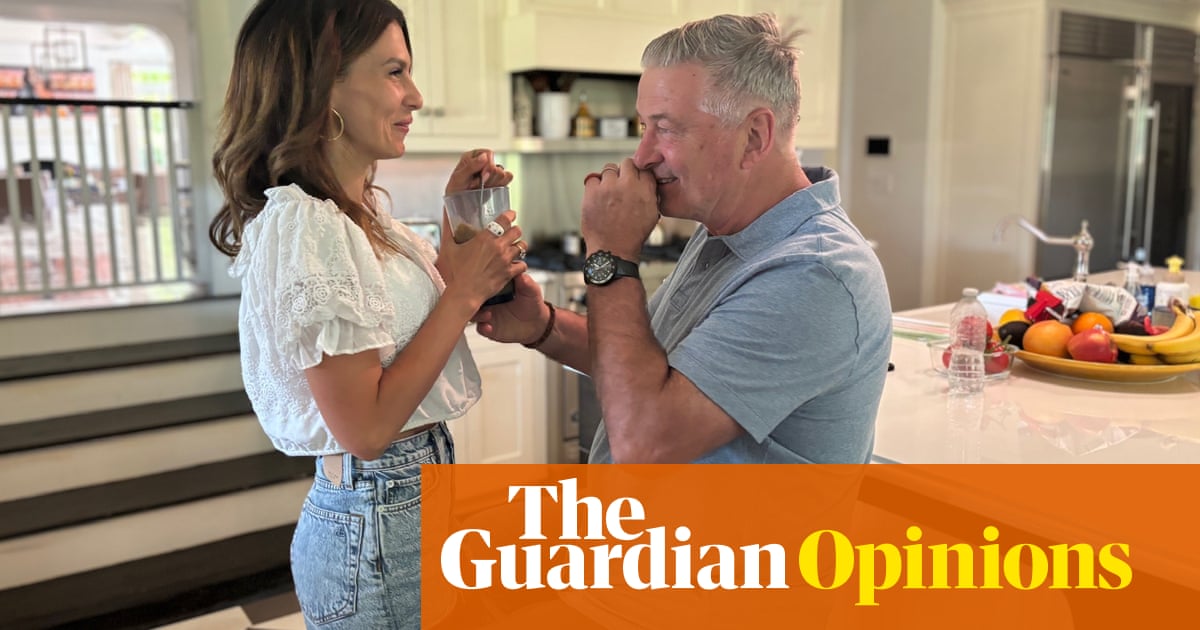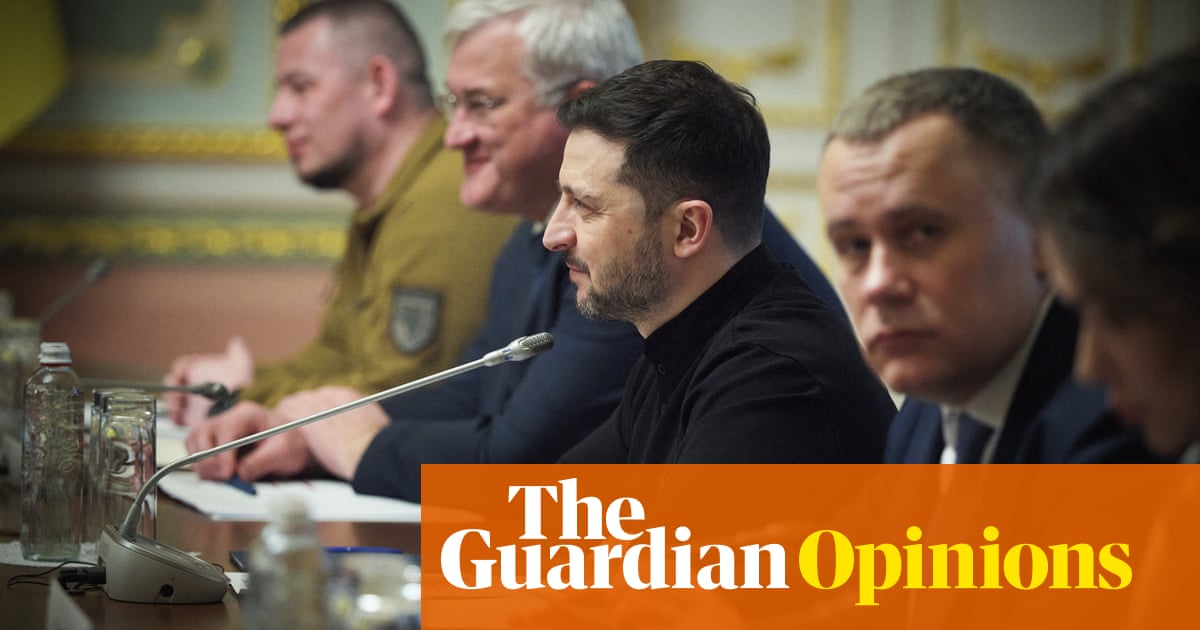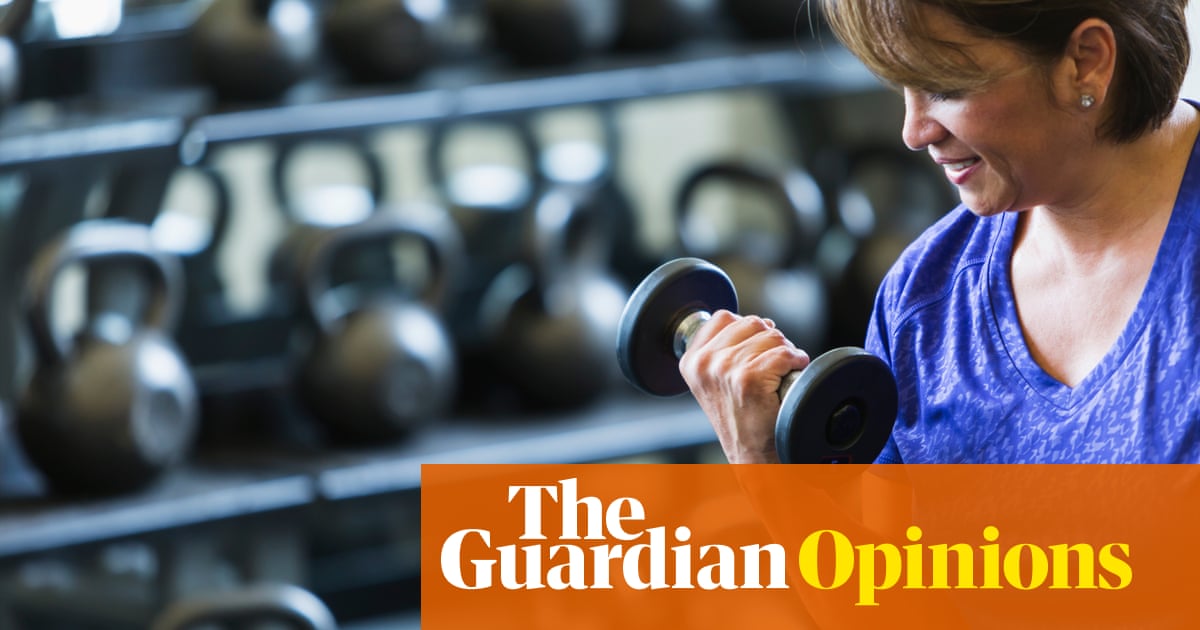What fresh hell will Donald Trump unleash next? The question quivers on the world’s lips, but Sir Keir Starmer thinks it a fool’s errand trying to guess the answer. The prime minister has told colleagues not to waste any time on feverish speculation about the intentions of the US president.
This is sensible counsel after 10 days in which Typhoon Orange has wreaked havoc in global markets. His tariffs were so sweeping and so breathtakingly dumb that the hit list included a cluster of barren islands near Antarctica. Was his notoriously thin skin once pricked by an insolent penguin? Were the highest US tariffs in more than a century an ego-gratifying instrument to get other leaders to beg for mercy by “kissing my ass”? Are tariffs designed to be a revenue-raiser cunningly disguised as an economy-wrecker? If the aim, as some claim, is to reindustralise America, creating the conditions for an inflationary slump is a strange way to go about it.
Members of the Trump regime have offered no consistent explanation for such wantonly ruinous and self-destructive acts. After days of insisting that there would be no retreat from any of it, he did back off, at least temporarily, from a lot of it. Sir Keir is correct. Trying to attribute logic to the US president’s reckless impulses or to make predictions about what he will do next is a waste of nervous energy. It is safer, if scarier, to proceed from the assumption that the only certainty about Trump’s world is instability.
Faced with a craziness so alien to his own nature, what’s a prime minister who prides himself on his rationality to do? Sir Keir has elected to be the calm voice urging cool heads in the raging storm. That is a product of his temperament and what he takes to be good politics. When the seas are so alarmingly choppy, the last thing the passengers on HMS Britannia want to see is their captain with a sweaty brow and panicky eyes.
The prime minister has mildly suggested that trade wars are not a terribly good idea, but you should not expect a word of explicit criticism of the US president to escape from the lips of Britain’s leader. This is in marked contrast with others in his peer group who share the same fears that the Trump regime has placed global security and the global economy in simultaneous peril. Mark Carney, the Canadian prime minister, has been highly belligerent towards the White House, and not just because it appears to be enhancing his chances of winning his country’s imminent election. Friedrich Merz, the new chancellor of Germany and previously a staunch Atlanticist, has baldly declared that “independence from the USA” has become imperative and suggested that Nato may soon be dead.
Those who yearn to hear similar sentiments coming from Sir Keir will be disappointed. Allies say he regards it as “a duty” to try to “get on with Trump”. There will be no Love Actually moment. Even if he had the acting chops to replicate the scene in which Hugh Grant plays a decent British PM who rebukes a bullying US president, Sir Keir wouldn’t do it. In contrast with the German chancellor, he will continue to insist that the US remains the essential ally. He will carry on calling Uncle Sam a friend however little it behaves like one.
The prime minister is keen to deepen European cooperation on defence and is lobbying for British access to the new EU re-armament fund. But Sir Keir is worried by Merz-like talk about finding a European replacement for Nato. He thinks that notion dangerous because it could make a self-fulfilling prophecy of American withdrawal from the security guarantees which Europe has relied upon since 1945.
“Don’t poke the beast” remains the watchword at Number 10, even as the beast rampages around chewing the legs off the global economy. One takeaway from recent turmoil is that Trump can be compelled to blink when the pressure is sufficiently intense. It was the threat of a meltdown in the US Treasury market, accompanied by warnings from some of his own supporters that the American economy faced a “nuclear winter”, that ultimately forced him to announce the “90-day pause” to the majority of his most severe tariffs bar those on China. But it would be wrong to conclude from this retreat that Britain only has to take Sir Ed Davey’s advice to “stand up” to the White House to make Trump back down. Sir Keir likes the Lib Dem leader, but scorns his demands for retaliation as juvenile. “Slagging off Trump, calling for retaliation. If we’d done what Davey is advocating, we’d be looking at 125% tariffs,” says one government official, possibly exaggerating for effect. The UK does not wield the clout of the bond market. Should he ever forget this, Rachel Reeves is there to remind Sir Keir of the fragility of their own fiscal position. He will carry on maintaining that counter-measures would be counter-productive.
Ministers appear increasingly pessimistic about negotiating away the 10% “baseline” tariff that has been imposed on Britain as it has been on most countries. “Tariffs are here for good,” remarks an official. The current focus is on trying to contain the damage threatened by elevated 25% tariffs on cars, steel and aluminium. Sir Keir hopes to attract credit for throwing lifelines to vulnerable industries, as the government did yesterday by recalling MPs from their Easter break to pass emergency legislation to take protective control of the endangered steel plant in Scunthorpe, Britain’s last blast furnace facility. That’s a popular government move with Labour people, and you haven’t been able to name one of those for a while. “This is not back to the 1970s,” insists one cabinet minister. “It is assertive pragmatism to protect a key industry.” Ministers say there will also be assistance for pharmaceutical companies, big exporters to the US and a big employer in the UK, if punitive tariffs materialise. If you are in a sector that government regards as “strategic”, there’ll be help. If not, good luck. The Treasury won’t be riding to the rescue of every exposed industry.
after newsletter promotion
The mood in government was somewhat lifted by the latest figures for GDP, which suggest the economy expanded by a faster-than-expected 0.5% in February. But that was before Trump triggered carnage. The retaliatory tariff levels that the US and China are whacking on each other are so eye-wateringly extreme that they will suffocate trade between the world’s two largest economies. If this is truly the “end of globalisation as we know it”, the Starmer government will need a plan for the “changed world” its leading figures bang on about. The current plan appears to be to do what they are already doing, but with more oomph. “Our plans don’t so much change as turbocharge,” says Sir Keir. Same set of wheels, but with go-faster stripes. In truth, much of what the government has unveiled since Trump brandished his tariffs card in the Rose Garden would have been announced anyway. The easing of electric vehicle targets was in the pipeline already. As was the go-ahead for a giant Universal studios theme park in Bedfordshire.
Crisis can be an excuse to cower or it can be a spur to grasp opportunity. A growing number of Labour voices see an opening for the Starmer government to pivot towards Europe. The prime minister tells friends that the UK is being taken seriously by the rest of its continent in a way that it has not been for a decade. Trump, Ukraine and not treating the EU as an enemy have played roles in the rebuilding of bridges. But the fabled “reset” in relations with our closest neighbours has thus far produced more warm words than it has concrete agreements that could lift growth. To sense how the wind is shifting, keep a weather eye on the chancellor. In the run-up to next month’s important EU/UK summit, Ms Reeves has started using much sharper and more ambitious language about removing trade barriers with the union. “We’re getting more confident about how we talk about it in public,” says one cabinet member. Number 10 is wary of any move that might be depicted as “undoing Brexit”, but polling tells us that a chunky majority of Britons now devoutly wish that it could be undone. The perils posed to prosperity by Donald Trump make it more imperative to relieve the impediments to growth that Britain has inflicted upon itself.
“Keep calm and carry on” has served Sir Keir well in the opening phases of this crisis. Bigger, bolder moves will be demanded of him before it is over.

.png) 1 day ago
6
1 day ago
6




